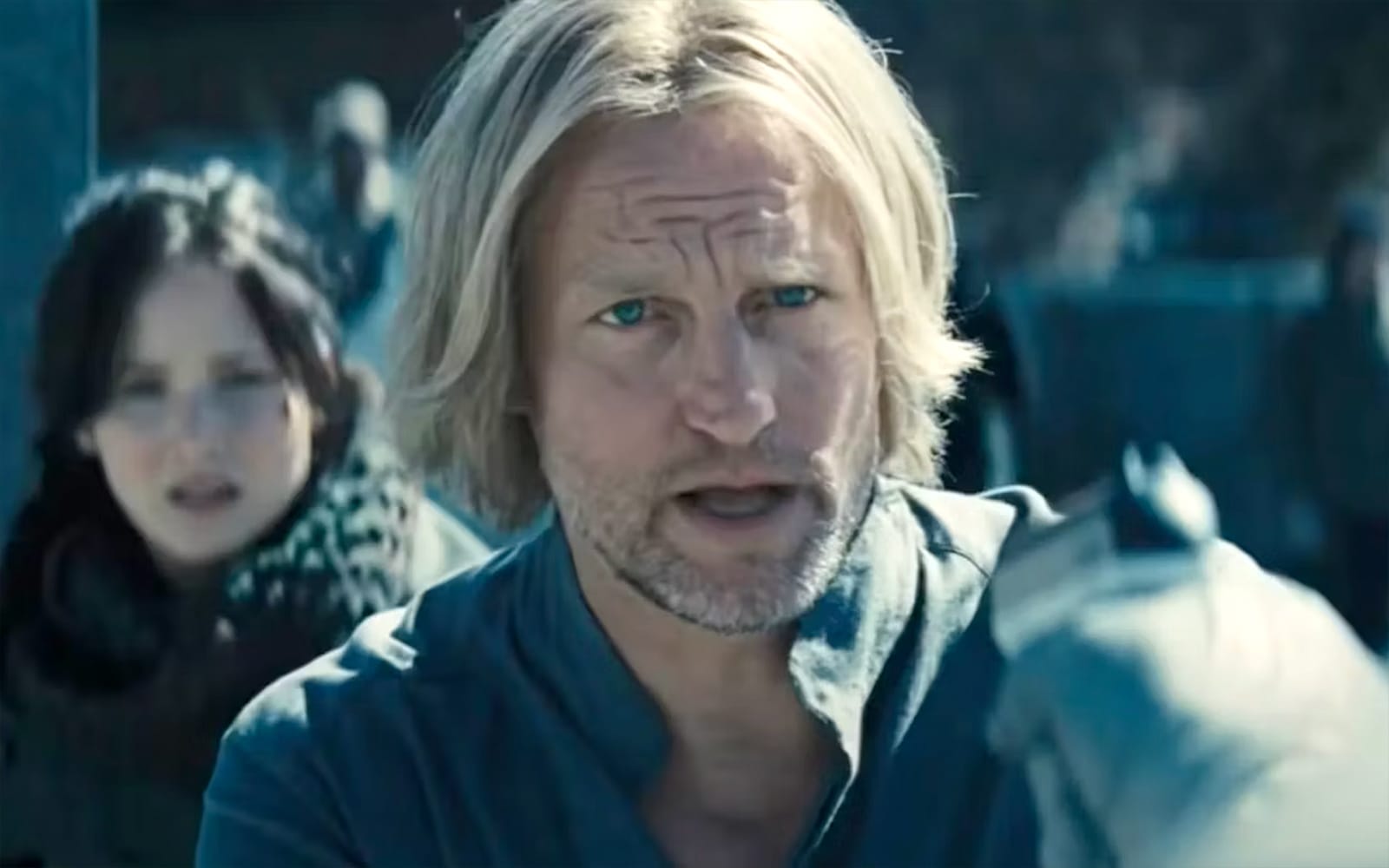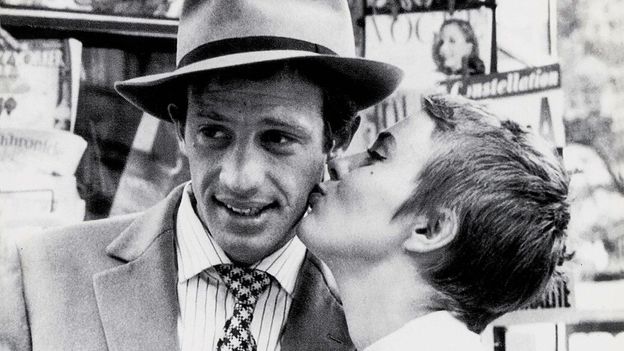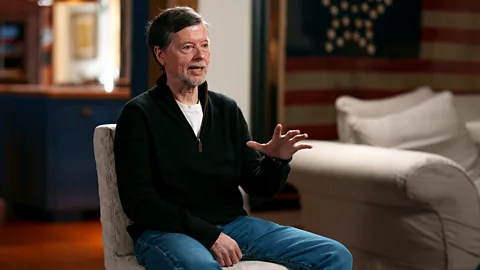 Evan Barlow
Evan BarlowForward of his upcoming PBS documentary, The American Revolution, acclaimed film-maker Ken Burns tells BBC particular correspondent Katty Kay about his distinctive method to chronicling US historical past, from conflict and battle to baseball and jazz.
Titles like Brooklyn Bridge, Prohibition and The Mud Bowl might conjure visions of classroom classes and by-the-book recitations of details, however portraying historic occasions in an approachable – and enthralling – manner has turn into US documentarian Ken Burns’s trademark. For the reason that Nineteen Eighties, he has introduced historical past and tradition to audiences in a manner that textbooks merely can not.
Burns’s physique of labor has earned him two Academy Award nominations, two Grammy Awards and 15 Emmy wins. At his residence in Walpole, New Hampshire, US, the acclaimed documentary-maker tells BBC particular correspondent Katty Kay that, like most creatives, he has extra concepts than he is aware of what to do with.
“Your head is likely to be crammed with 40 or 50 subjects, as my head is at all times crammed up, however when one [topic] drops all the way down to your coronary heart, you realise it is firing on all cylinders,” Burns tells Kay.
These subjects have ranged from jazz to baseball, and from the granular, akin to a chronicle of Leonardo da Vinci’s life and work, to the expansive, like 2009’s The Nationwide Parks: America’s Greatest Thought.
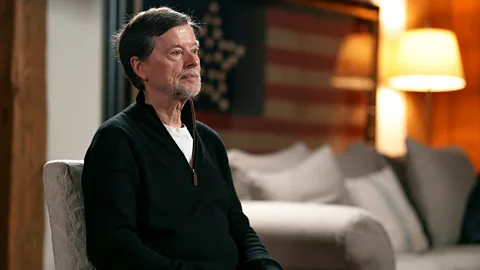 Evan Barlow
Evan Barlow“I do not wish to let you know tales about what I do know,” he says. “I might relatively share with you a strategy of discovery. So, I dive into issues that I do not know sufficient about.” His subsequent space of exploration is the 18th Century: his six-part, 12-hour sequence, The American Revolution, is because of air on PBS on 16 November. This month marks the 250th anniversary of the beginning of the American Struggle of Independence, which started within the 13 colonies of British America in 1775, and continued for a few years, culminating within the founding of a United States of America.
“The American Revolution is likely one of the most vital occasions in human historical past,” Burns informed PBS forward of particular screenings for college students and academics throughout the US. “We went from being topics to inventing a brand new idea, residents, and set in movement democratic revolutions across the globe.”
With regards to historical past, Burns says he doesn’t subscribe to the favored view that it’s at all times doomed to repeat itself, deferring to the opinion of the Nineteenth-Century Spanish-American thinker George Santayana. “Those that can not keep in mind the previous are condemned to repeat it,” was Santanya’s remark, in reference to the Holocaust. “It is [a] beautiful phrase you’d want could be true,” says Burns. He additionally factors to the well-known quote that’s attributed to US writer Mark Twain: “Historical past would not repeat itself, nevertheless it does usually rhyme.”
Burns would not gloss over the uncomfortable components of US historical past, mentioning that, for him, being patriotic does not imply erasing the previous; as an example, the truth that Benjamin Franklin owned slaves. “He knew it was incorrect, and he saved doing it,” Burns says.
The place to search out Influential with Katty Kay
Watch Influential with Katty Kay stay on Fridays at 21:30 ET on the BBC Information channel or stream the total episode on YouTube.
“Initially, rising up, I had a sort of idealised model of my nation. I like my nation. I do not know anybody who loves their nation greater than me. I make movies in regards to the US, however I make movies about us.”
Burns tells Kay that he believes it will probably take time for a narrative’s significance to be understood. “I have been interviewing Obama about his administration, and the longer I wait to do this movie, the higher it will likely be, due to the angle that the passage of time will give,” Burns says.
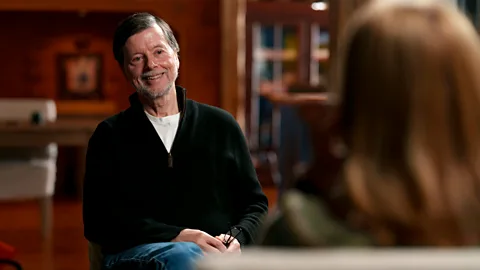 Evan Barlow
Evan BarlowWhen requested in regards to the breadth of his work, which ranges from biographies of single people to world occasions, Burns says that he will be laser-focused on the duty at hand. As Burns wraps up The American Revolution and the forthcoming Obama challenge, he says that he has greater than sufficient materials to final past “the 2030s” – and, specifically, he has his eyes set on a historical past of the US’s Central Intelligence Company (CIA).
“Anyone requested of Duke Ellington, who’s definitely our most prolific [composer, with] possibly 22…, 2,300, 2,400 compositions, what a very powerful one is. He mentioned, ‘The one I am engaged on now.’ And to me, that is how we really feel.”
Influential with Katty Kay airs on Fridays at 21:30 ET on the BBC Information channel.



